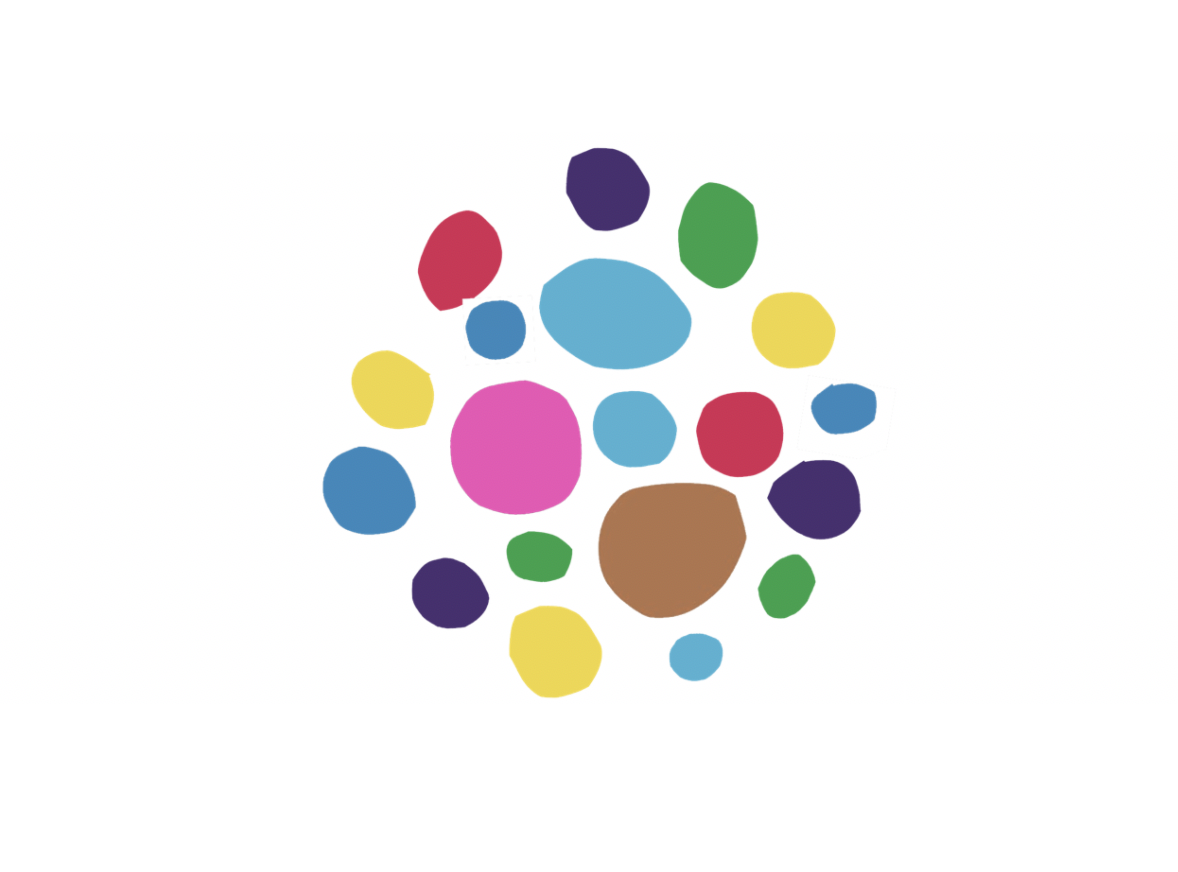NeuroSystemicsTM is a community-based methodology bridging ancient wisdom traditions, evolutionary neurosciences and systemic understanding to offer integrative path to resilient healing, passionate living and awakening.
A meta-therapeutic (systems) methodology
NeuroSystemics is a clinical practice which can be applied in four settings: (i) mental training, (ii) individual therapy, (iii) group therapy and (iv) community processes. They each correspond to the concentric circles of (0) sense, (1) self, (2) social and (3) societal, respectively:

In whichever setting, we attempt to engage with all the parts of that system as well as the system as a whole. Biology and affect, as holonic fractals, can be both parts and wholes, depending on the breadth of attentional focus and practice setting.
For example, in mindfulness practice, the emerging sensate networks of the in-out movement of the breath can be experienced as a dynamic wholeness with many interacting features. When attention is broadened, the spectrum of awareness may include. A sense of the whole body, in which the sensate rhythms of the breath would only be a part. The key here is to provide a firm foundation for understanding the interdependence of human experience in, whereby any efforts towards differentiation necessarily imply a consideration for integration and contextualization.
Baring this fundamental principle of complex functioning in mind, it is of great benefit to explore mono-developmental trajectories, where a single dimension of human experience such as physiology, affect or cognition is cultivated. The next section describes the way NeuroSystemics understands resiliency and empowerment through a differentiated lens of biology and affect.
Biological development
When considering the possibilities of somatic cultivation, development and training, it is helpful to refer back to our evolutionary process. Porges’ polyvagal theory describes a fairly linear direction in terms of physiological responses to stimuli from reflexes to social engagement:
Reflexes are the most primal physiological responses to the environment. They arise based on sensory contact of comfort and discomfort. Freeze, a shutting-down of major physiological systems, was already a more elaborate form of response to reflexes. It increased probabilities of survival by “playing possum” and escaping one’s prey after they become disinterested. Fight-and-flight offer more opportunities for a differentiated response to threat, and social engagement is the culmination of a multi-million-year process of refinement. This last system arises out of feeling a sense of safety, and promotes curiosity, playfulness and enjoyment.
A first important therapeutic goal, based on this evolutionary framework, NeuroSystemics uses elaborate maps, therapeutic conditions and interventions to support the emergence of social engagement. Porges’ neurophysiological findings have demonstrated that the freeze-flight-fight and social engagement systems are aroused in inverse proportions.
One key practice to sustain a socially engaged nervous system state is to encourage the clients’ self-organizing impulses. These impulses, also known as chanda in buddhist meditative texts and eros in Freudian meta-psychology, are generative organismic drives towards health, clarity and well-being. Supporting them implies sensing into to the clients’ system as whole, while simultaneously differentiating its parts to identify signs of arousal and deactivation: physiology (prosody, facial expressions, agitation, etc) and free associative process, their affective variations, their bodily movements as well as their quality of presence in relation to the therapist (i.e. trust, vulnerability, appreciation).
All these factors (and others) will provide valuable indicators to assess whether the physiological coherence and synchronicity are growing or diminishing. Therapists then adapt their interventions to provide more or less. containment to shepherd higher level of physiological resiliency.
Complexity Science
Complexity science has also provided a number of essential findings to support us in biological maturation. It explains that increasing levels of organization emerge from phase transitions which occur by reaching thresholds at far-from-equilibrium states. Human physiology has non-linear patterns whereby rhythmic oscillatory movements between equilibrium (homeostasis) and far-from-equilibrium states (morphogenesis) enable increasing levels of metastability.
In terms of practice, this means that we will want to support our clients, in a gentle, progressive and positively-valenced manner, to come into contact with physiological states which feel out of balance. By listening to the multi-faceted impulses (physiological, affective and cognitive), a cushion of resource and ease can help to soften, contain and eventually convert previously overwhelming sympathetic charge into regulating and organizing patterns of coherence and synchronicity.
Clinically proven benefits include:
- Reduction of stress, anxiety, depression, addiction and trauma
- Development of resiliency, emotional regulation and cognitive functioning
- Reduction of chronic issues such as sleeping problems, chronic pain
- Embodiment of social belonging and meaning
Who is this workshop for?
Clinical practitionners & the general public wishing to
- Find new ways to self-regulate during difficult times
- Enrich their compassion skills for themselves and their clients
- Understand how systemic science heals through the body
- Heal trauma through neurophysiological release
Fee
€20.

